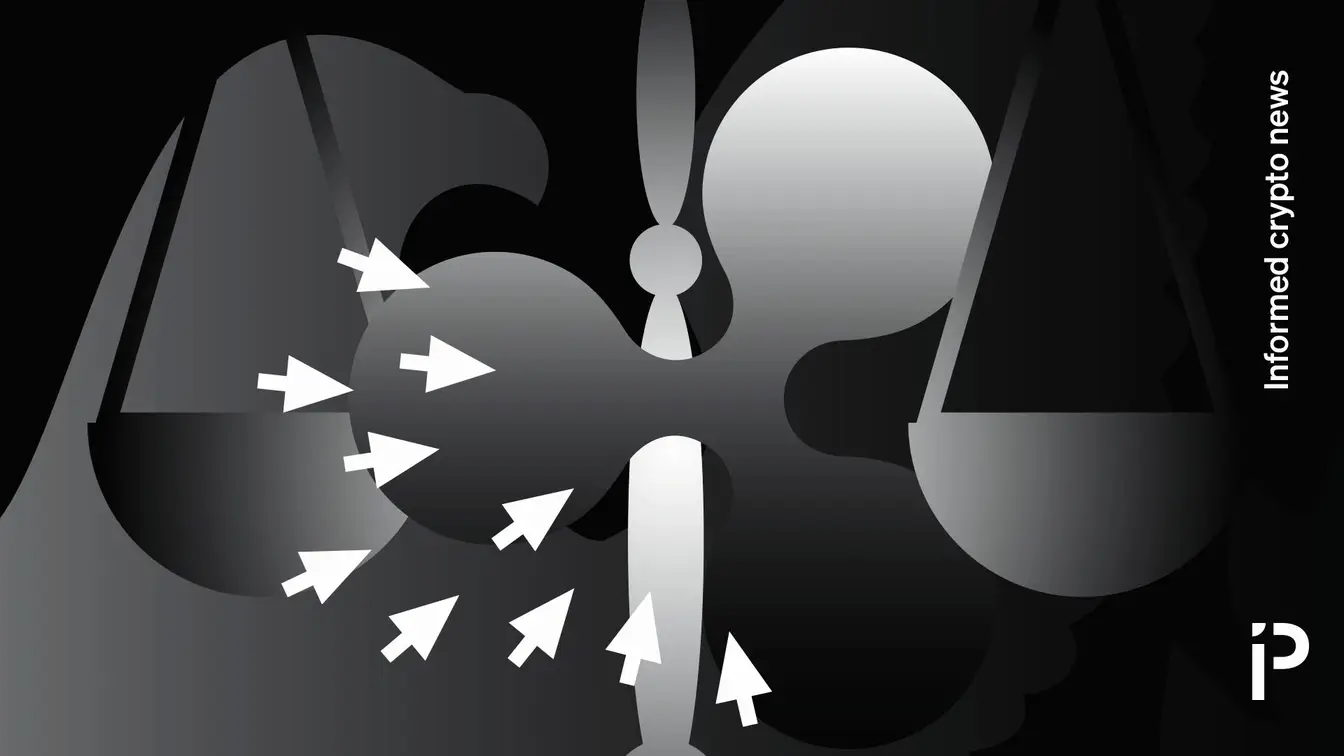T4K3.news
CFPB layoffs approved by appeals court
A divided court clears the way for mass layoffs at the CFPB amid a broader funding debate.

A divided appeals court clears the way for mass layoffs at the CFPB, signaling a clash between executive action and congressional authority.
CFPB layoffs approved by appeals court
In a 2-1 decision, the U.S. Court of Appeals for the D.C. Circuit ruled that the Trump administration may proceed with the bureau's reduction in force after more than 1,400 staff were issued layoff notices in mid-April, leaving about 200 employees. The ruling overturns a district court injunction that had paused the cuts, and it centers on whether employment claims must go through the Civil Service Reform Act process. Judge Gregory Katsas wrote for the majority that the district court lacked jurisdiction to hear those claims. Judge Nina Pillard dissented, arguing that Congress did not intend unilateral presidential action to determine the CFPB’s fate.
The decision comes as the CFPB contends with a political and budget backdrop that has shaped its operations. The agency has signaled it will reallocate resources toward core duties and away from certain enforcement areas, while critics warn the cuts could hinder consumer protections. The bureau’s funding has been a focal point in broader budget battles, including a legislative move described as cutting the CFPB’s budget even as the agency remains funded through transfers from the Federal Reserve. The case could still move to the full circuit or higher courts, keeping the CFPB in the middle of a long legal and political fight.
Key Takeaways
"It is untenable to hold that same Congress meant the agency's continued existence to be a matter of unilateral and unexplained presidential edict"
Pillard's dissent opposing unilateral action to end the CFPB
"An approximately 200 person agency allows the Bureau to fulfill its statutory duties"
Majority view explaining the reduced workforce
"The Executive Branch may not unilaterally abolish an agency created by Congress"
Union and policy implications of the layoffs
"focus on tangible harms to consumers"
Paoletta memo describing the shift in enforcement
The ruling highlights how legal mechanisms can constrain or expand executive power over independent agencies. It tests the balance between presidential action and Congress’s authority to create and structure agencies. For the CFPB, the decision preserves a pathway for shrinking the workforce, but it also raises the stakes in ongoing debates about funding, independence, and regulatory reach. For the public, the outcome underscores that regulatory protections can ride on courtroom strategy as much as on policy arguments.
Highlights
- It is untenable to hold that same Congress meant the agency's continued existence to be a matter of unilateral and unexplained presidential edict
- An approximately 200 person agency allows the Bureau to fulfill its statutory duties
- The Executive Branch may not unilaterally abolish an agency created by Congress
- focus on tangible harms to consumers
Political sensitivity and potential backlash
The case ties budget moves and agency reform to potential reductions in consumer protections, raising concerns about independence and public reaction. The open questions about future appeals and funding could provoke controversy among policymakers and workers.
The fight over the CFPB’s future will likely continue to play out in courts and in budget battles.
Enjoyed this? Let your friends know!
Related News
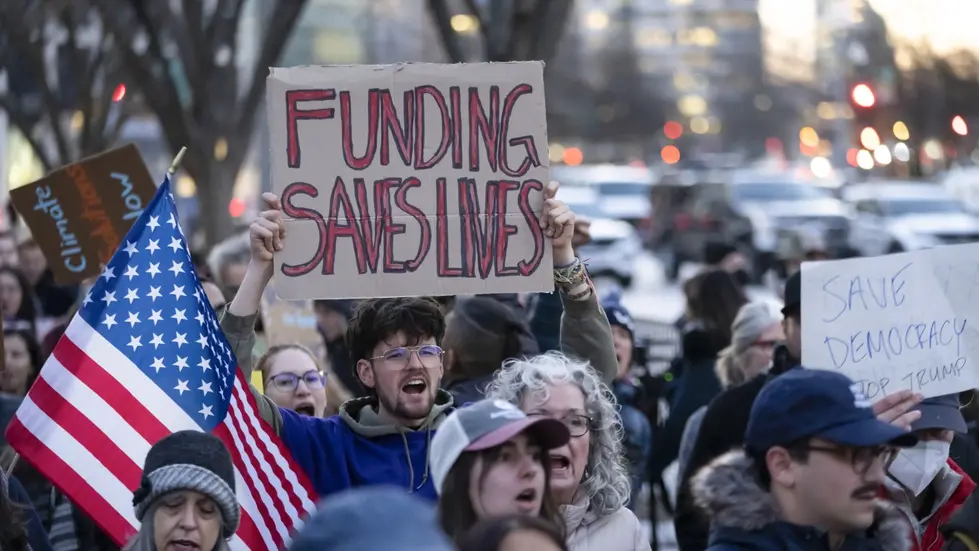
Court Allows Trump to Maintain Foreign Aid Freeze

AT&T data breach settlement approved
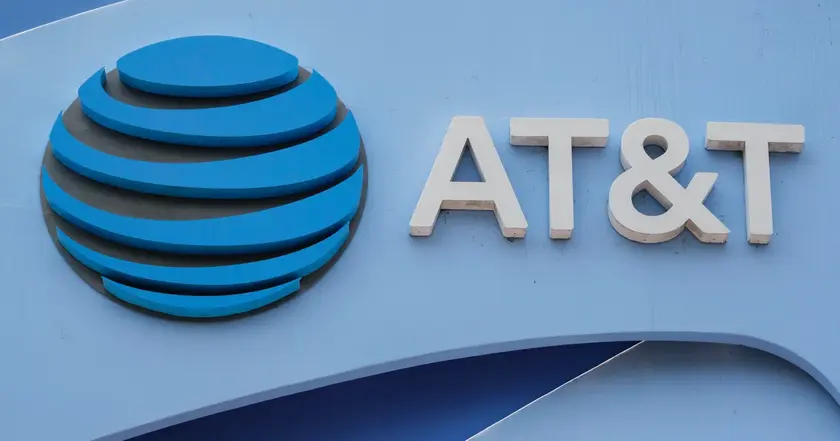
AT&T data breach settlement notice

Ohio woman claims Kia dealership name, lawsuit continues

Man ordered to demolish illegal man cave after tree removal
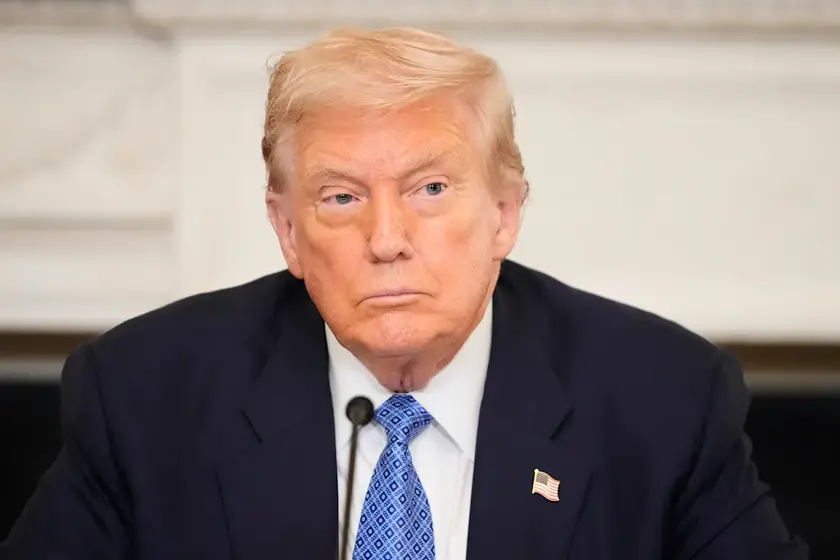
Appeals court ruling on spending data
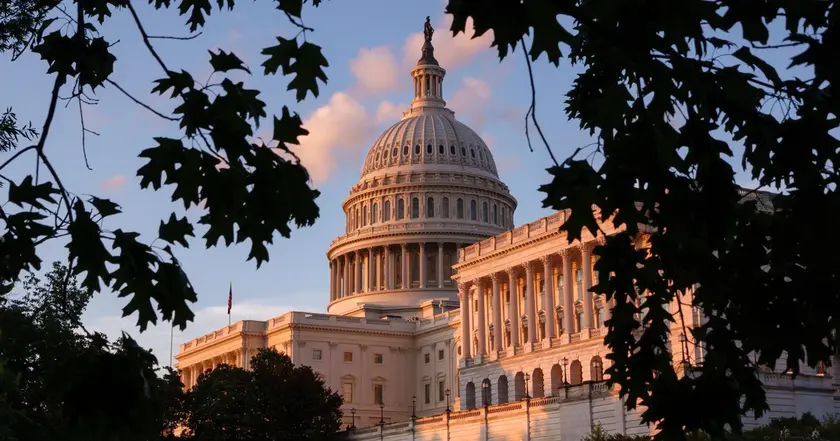
Texas advances controversial redistricting plan

Qantas faces record penalty for illegal layoffs
